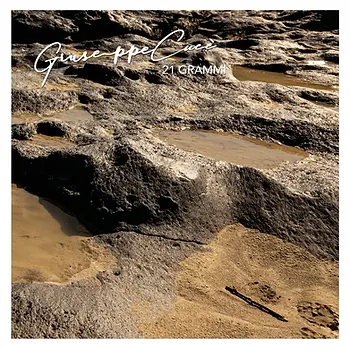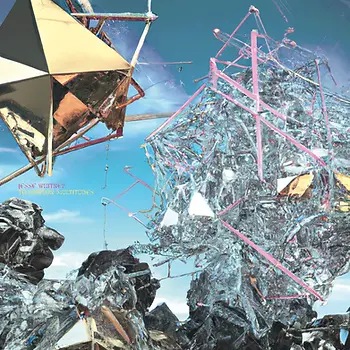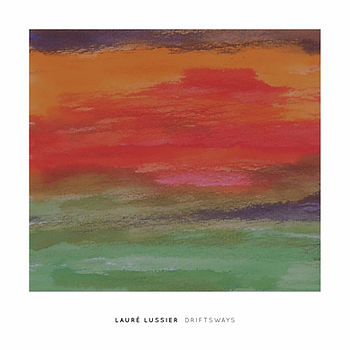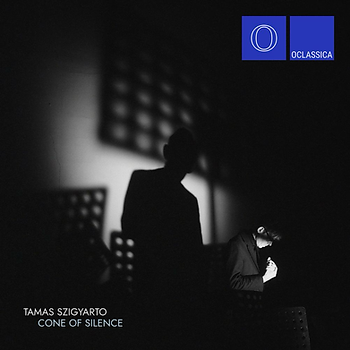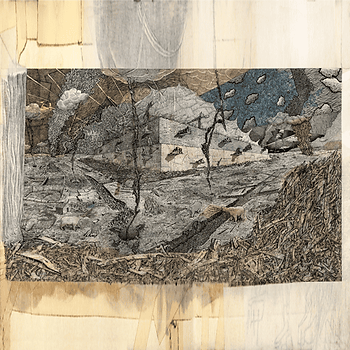
Alex Izraev’s album is an artistic marvel that transcends conventional boundaries, offering listeners an unparalleled auditory experience. With “Laboratory,” Izraev embarks on a sonic journey, pushing the limits of musical expression. Each track is a testament to his virtuosity and artistic prowess, weaving a narrative that is both exhilarating and thought-provoking. In this laboratory of sound, Izraev’s innovative compositions serve as the alchemical catalyst, fusing elements of rock, ambient, and classical genres into a spellbinding symphony.
The wellspring of inspiration for artists can take on various forms, contingent upon the nature of their art. Musicians, in particular, draw from their surroundings, whether it’s the pattering of rain, a melodious bird’s song, the cacophony of a factory floor, the bustling symphony of a city street, or the resonance of other musical compositions. However, it’s essential to remember that inspiration for musicians isn’t always confined to the realm of auditory stimuli; at times, it can manifest as a narrative or, as in the case of Alex Izraev, a painting.
Transforming visual art into an abstract auditory experience is an endeavor that demands substantial effort. An outstanding exemplar of this artistic fusion can be found in Mahler’s Symphony No. 1, wherein he derived the third movement from Moritz von Schwind’s painting, “The Hunter’s Funeral Procession” (1850).

Alex Izraev’s album, “Laboratory,” takes its inspiration from the work of Yossi Veissid. To maintain cohesiveness throughout the album, Izraev skillfully weaves a recurring theme, composing variations based on different aspects of the painting.
In “Laboratory,” the primary instrument wielding the creative brush is the lead electric guitar, crafting a musical tapestry across the canvas of time.
The main theme of the album is introduced for the first time in the opening track, “Overture,” by the flute amidst a cacophony of sounds, voices, and speeches. However, it isn’t until midway through the piece that the electric guitar takes center stage, delivering the full embodiment of the theme and commanding the spotlight, ushering in a crescendo of rock music.
Following the captivating “Overture,” the album unfolds with four additional tracks, each bearing a specific epithet.
Act I: Descent initiates with the delicate keystrokes of a piano, followed by an electric guitar that gradually unveils a more languid and disconcerted rendition of the main theme. The piece evolves with piano arpeggios and staccato string interludes, weaving a vibrant sonic tapestry reminiscent of rock music.
Act II: Feral Assistance commences with flute shivers, soon to be joined by the electric guitar, this time delivering an augmented interpretation of the main theme. The guitar’s presence lingers, leading us on an extended journey through diverse variations of the theme, culminating in a return to the main motif toward the piece’s conclusion.
Act III: Reconstruction seamlessly continues the musical narrative from the preceding piece, with the piano exploring its lower register. Initially, the atmosphere takes on an ambient quality, gradually giving way to the resurgence of the electric guitar, which proceeds to reconstruct the main theme, resurrecting the rock-infused energy that had prevailed earlier.
Act IV: The Ascent marks the zenith of the musical journey. The main theme bears a poignant, yet not melancholic quality, a reflection, perhaps, of the protagonist’s journey nearing its conclusion. It evokes a sense of both sorrow at its end and the enduring strength of its finish.
In Alex Izraev’s “Laboratory,” the marriage of visual art and music serves as a testament to the power of creative interpretation. Each track unfolds like a brushstroke on a canvas, contributing to a rich, multilayered auditory experience that beckons the listener to explore the depths of its inspiration.
